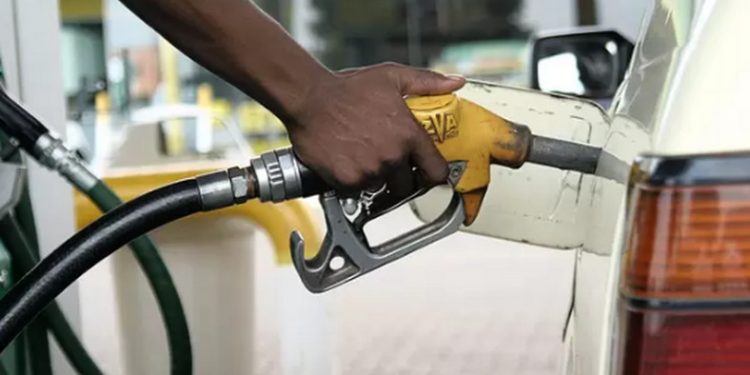Prices of fuel at the local pumps are expected to go up in the days or week ahead on the back of increment in the price of crude oil on the international market.
The anticipated increment in the prices of diesel and petrol at the local pumps on the back of the new $76 price of crude oil on the international market, will go to further deepen the hardships already being faced by Ghanaians as result of the continuous increment in fuel prices and its consequent effect of increased transport costs and goods.
The country in the last two months have witnessed several increments in fuel prices both by the central government and the regulator of the petroleum industry, the National Petroleum Authority (NPA).
Cumulatively, the central government and the NPA have added some Ghs 0.38 pesewas to a litre of petrol and diesel sold at the pumps.
This has been coupled with continuous increment in the prices of oil on the international market.
Just last Thursday – July 1, 2021 – prices at the local pumps increased by 2 percentage points due to increment in international price of oil.
Related Story: Fuel price at pumps to rise by 2% on Thursday
Prior to that, fuel prices at the pumps also due to increment of oil price on the international market, was increased by 3 percentage points which was passed on to consumers by the various Oil Marketing Companies (OMCs) in the country.
Per reports, a litre of diesel and petrol is presently sold at Ghs 6.33 with a gallon going for Ghs 28.48 for both petrol and diesel.
Background
The increment in crude oil prices on the international market is due to a standoff between Saudi Arabia and the UAE over oil production output.
According to reports by CNBC, a meeting between oil producer group OPEC and its partners, which was aiming to broker a deal on crude output after the group unexpectedly failed to reach an agreement last week was called off.
Also: Saudi Arabia, UAE at loggerheads; abandon OPEC+ crisis talks
The energy alliance, often referred to as OPEC+, on Friday voted on a proposal to increase oil production by roughly 2 million barrels per day between August and the end of the year in 400,000 barrels per day monthly installments. It also proposed to extend the remaining output cuts to the end of 2022.
The United Arab Emirates rejected these plans, however, blocking an agreement for the second consecutive day to leave oil markets in limbo over the weekend.
OPEC+ was set to reconvene for crisis talks via videoconference at 2 p.m. London time Monday. However, after a two-hour delay, the meeting was postponed.
After news of the postponement, international benchmark Brent crude futures traded at $76.76 a barrel, up around 0.8% for the session, while U.S. West Texas Intermediate futures stood at $75.77, roughly 0.63% higher.








